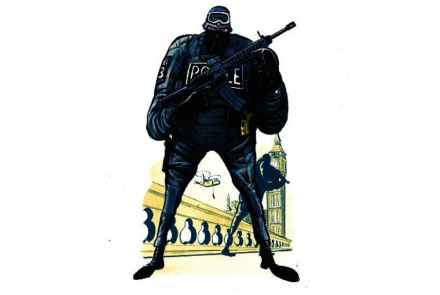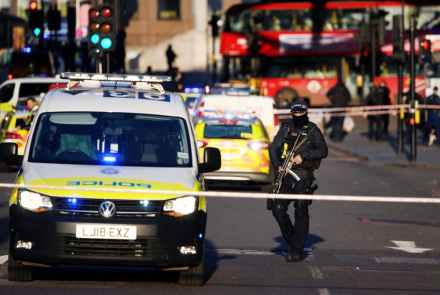Boris’s terrorism crackdown is a mistake
Boris Johnson has responded to the Streatham attack by vowing to crackdown on convicted terrorists, introducing retrospective legislation to end the automatic early release of such prisoners at the halfway stage. But this is the wrong approach. Instead, the fault lies within a dysfunctional and ineffective probation service that attaches insufficient weight to protecting the public. And the probation service is under the Government’s direct control. Justice secretary Robert Buckland says that the proposed law will not increase the ‘penalty’ element of the sentence, only the administration. But if that’s true, there is no need for a change in the law. He can alter the administration immediately. It is certainly




